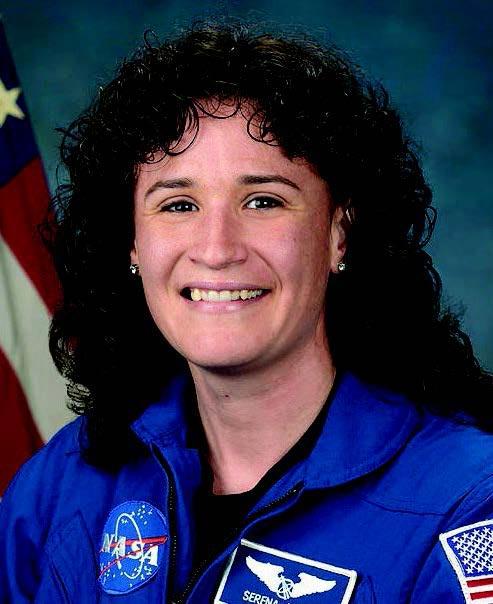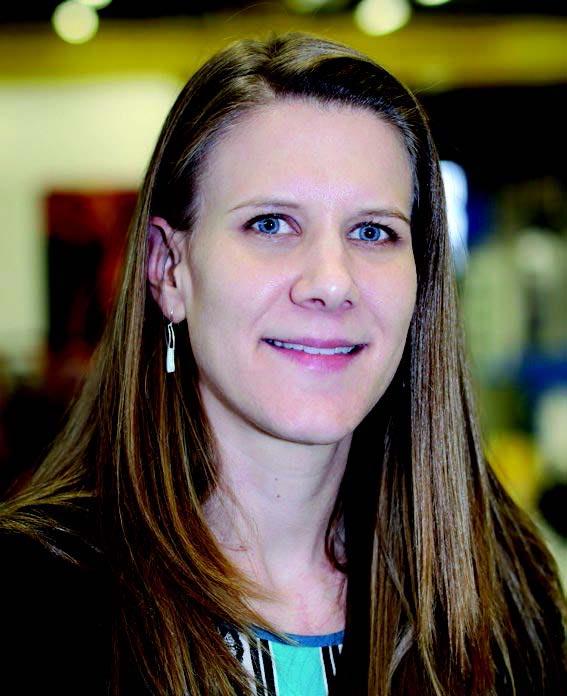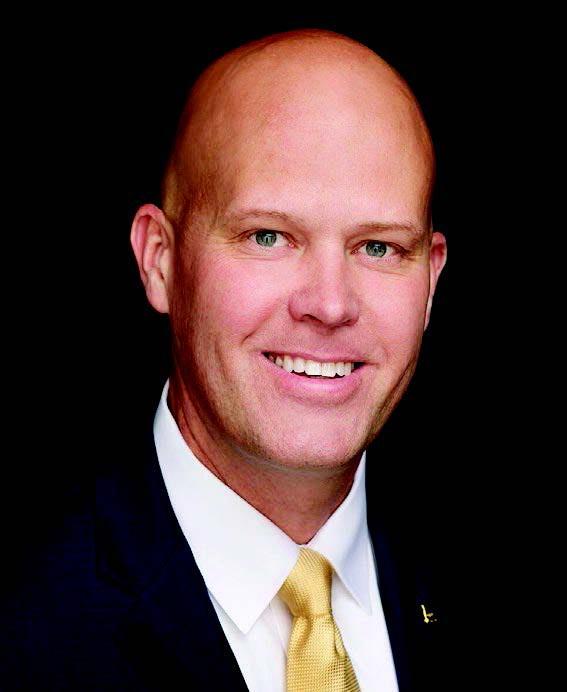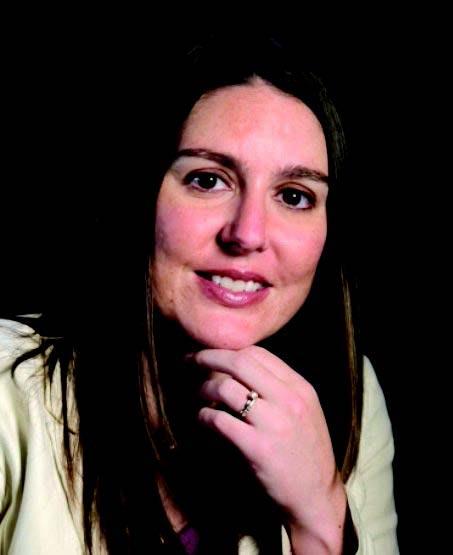Dr. Serena Auñón
The George Washington University, B.S.
University of Texas Medical Branch at Galveston, M.P.H
University of Texas Health Science Center at Houston, M.D.
Dr. Serena Auñón-Chancellor’s Space Camp mission position as medical officer was prophetic. Fast forward 25 years, and Serena will be launching on a Soyuz rocket as a member of Expedition 58/59 to the International Space Station. Space Camp was more than a much-desired 16th birthday gift for Serena. It confirmed what she thought she already knew. She was going to be an astronaut. “I felt very confident walking out after that week,” she said. “It reaffirmed what I wanted to become.” Serena holds a bachelor’s degree in electrical engineering from The George Washington University and attended medical school at the University of Texas – Health Science Center at Houston. She is board certified in Internal and Aerospace Medicine and was a flight surgeon to both space shuttle and ISS astronauts before being selected for the 2009 Astronaut Class. In her own astronaut career, Serena has searched for meteorites in Antarctica and operated the Deep Worker submersible on the NEEMO 16 mission. She also served aboard the Aquarius underwater laboratory during the NEEMO 20 undersea exploration mission. She is scheduled to launch to the ISS in November 2018.

